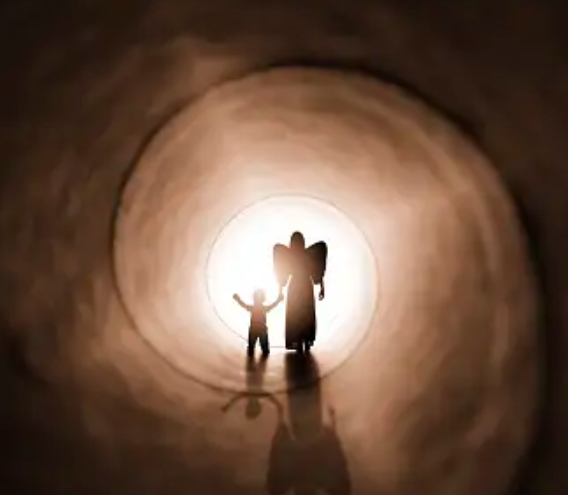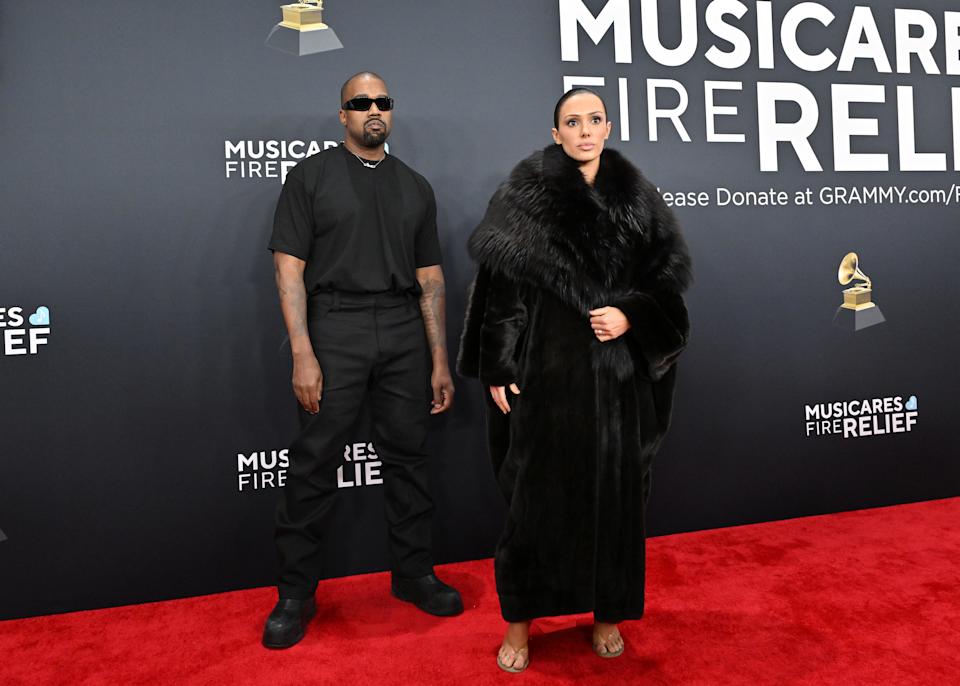Have you ever wondered what happens after you die? Whether it is religion-based or not, a standard theory is the belief in an afterlife. Most people are in the concept of heaven and wonder if it will be the chance they can see their dead loved ones again. The belief in an afterlife dates all the way back to around 1375 BC in which the Egyptians believed in partaking in rituals in order for their soul to reach the afterlife. Their religion also played a big part as they placed their trust in their Gods that they would guide their soul into the afterlife. The underworld, also known as the “Duat,” only had one entrance, which was traveling through the tomb of the dead. In order to be accepted, they had to prove themselves to the hawk-headed god “Horus” and another God named “Osiris” who determined whether you were worthy of living another life or not depending on your time on earth. This belief can now be seen in Hinduism and Buddhism where they believe in reincarnation and that their soul will be passed on into a different body or form.

Additionally, the belief of no life after death is relatively common as well. They believe that you are merely an entity that exists that cannot feel, think, talk, or do any human abilities. This allows people to live their life and make the most out of it while they have time. This is known as eternal oblivion and a fear that many people have which forces them to practice a religion in order to escape that fate. Many people believe this as there is no proof of an afterlife and when someone dies, their consciousness is dead as well. With this ideology, it makes people question the meaning of life and the significance of making their one and only life count.

Another belief in the afterlife is the Islamic and Christian religion, which believe you have to earn a spot in heaven through your time on earth. They believe that when you die, your soul is judged and lands you a spot in either heaven or the burning pits of hell. Having to face accountability for their deeds in the future motivates people to do good acts while they are living in order to live a “better” life later on. Death could also represent the end of existence in which one falls into a deep sleep forever and does not wake up. Another form of cultural tradition in the afterlife is believing that once you die, you will be reunited with all of your family members and loved ones who have passed away and will live happily ever after with them. While there is no real evidence of there being a heaven, reincarnation, reunion with the deceased, or no continuation in life, all these beliefs have one thing in common: to live to your heart’s desires. Whether or not you have to prove yourself in the afterlife, scientifically speaking, everyone is mortal and has only one life to live, so it is best to live your best life like there is no tomorrow because there are no second chances.






